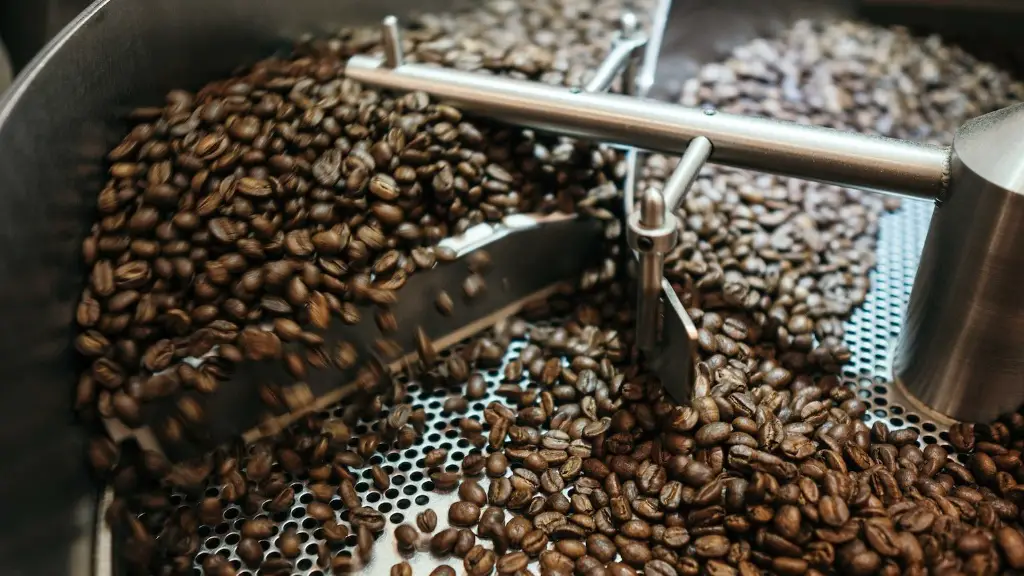COPD, or chronic obstructive pulmonary disease, is a long-term lung disease that can make it difficult to breathe. Coffee is a popular drink for many people, but for those with COPD or lung disease, it’s important to understand the possible risks associated with this common beverage.
Research shows that coffee—and caffeine—may increase lung inflammation. Because people with COPD often experience light to severe inflammation, coffee may be an issue. In addition, coffee contains small amounts of volatile compounds, like aldehydes, which can irritate your airways, especially if you already have COPD.
Dr. Raj Thakkar, a board-certified pulmonologist, agrees that the effects of coffee on those with COPD is largely unknown. “The data we have is inconclusive at best,” Dr. Thakkar explains. “Coffee does contain many chemical compounds, and I tell my COPD patients that it’s unlikely to be beneficial.”
That being said, many people with COPD enjoy coffee without any problems. It may be that the amount of coffee they’re drinking isn’t enough to cause any further irritation. Studies are ongoing, but at this point there’s no conclusive evidence that coffee impacts COPD symptoms.
Like many questions, the answer to the question “Can you drink coffee with COPD?” depends on the individual. Palpitations, chest tightness and tremors are all potential side effects of caffeine. People with COPD who develop any of these symptoms after drinking coffee should try cutting down or eliminating the beverage from their diet. Talk to your doctor about the pros and cons of drinking coffee if you’re not sure whether it’s safe for you.
In general, moderation is key. Avoiding coffee is one way to reduce your risk of developing complications. At the same time, remember that stress is a major trigger for people with COPD, and coffee can be a enjoyable, relaxing coffee break. If you choose to drink coffee, avoid large amounts and look for caffeine-free versions.
Impact On Heart Rate
The impact of coffee on heart rate may be of particular concern for people with COPD, as this can increase the risk of exacerbations. While some studies suggest that coffee—and espresso in particular—can lead to a spike in heart rate, it may depend on the individual. Pay attention to your body’s response after drinking coffee or other caffeinated beverages.
Another factor to consider is the impact of sugar and dairy products in coffee. Many people add sugar or flavored creamer to their coffee, and these should be avoided. Sugar can be especially dangerous for people with COPD and should be limited or avoided altogether. Milk, cream and non-dairy milk alternatives can also lead to exacerbations.
Options For Low Caffeine Coffee
If you still want to enjoy the taste and aroma of coffee without all the caffeine, look for low or decaf options. Decaffeinated coffee can still contain a small amount of caffeine, so keep the amount you drink to a minimum. Caffeine-free teas and herbal beverages are also a great choice.
When it comes to preparing the beverage, making a strong cup of coffee over more water can help reduce caffeine. And if you typically add sugar, steer clear of the sweetener to minimize exacerbations. You can also look for alternatives, like honey or artificial sweeteners, that may be easier on your lungs.
The Verdict
Overall, the available research on COPD and coffee consumption is inconclusive. In some cases, it may be beneficial to avoid coffee altogether, while in others, it can still be enjoyed in moderation. Talk to your doctor if you’re not sure whether coffee consumption is safe for you, and remember to always listen to your body and the signals it’s giving you.
Other Considerations
It’s also important to note that not everyone with COPD reacts to coffee in the same way. Some people report no adverse effects or exacerbations, while others find that even small amounts are enough to trigger symptoms. The level of caffeine may play a role, as does the way coffee is brewed and the type of bean.
When it comes to COPD management, the key may be to pay attention to the individual’s reaction. Everyone with COPD is unique and what works for one person may not work for another. When drinking coffee, keep an eye out for any possible symptoms and adjust accordingly.
The Overall Risk
Overall, it’s difficult to determine the exact impact of coffee on COPD. Some studies suggest that caffeine may increase inflammation, while others suggest it has no effect. The greatest consideration should be quality of life; in some cases, coffee may bring comfort and a sense of normalcy, while in others, it may be best to avoid it altogether.
In conclusion, the best thing you can do is talk to your doctor about your individual situation and be aware of how your body reacts when you drink coffee. Be mindful of the amount of caffeine you consume and in what form, and remember to listen to your body. With the right approach, you can find the balance between lifestyle and lung health.



